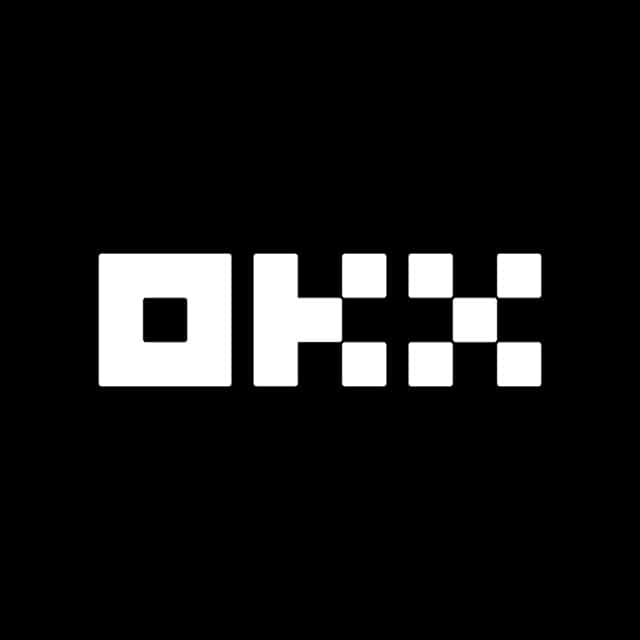Web3 exchange OKX announced on Monday plans to add support for four inscription token standards on its platform. These standards include Atomicals (ARC-20), Stamps (SRC-20), Runes and Doginals (DRC-20). The goal is to make inscription trading more accessible across major blockchains.
Similar to NFTs, inscriptions are metadata within the blockchain that usually include digital elements such as text and images.
The listed tokens will all be added to OKX’s Web3 Wallet, and DRC-20 and ARC-20 will also be integrated into its marketplace in the coming weeks. The rollout will begin on Feb. 5 with Bitcoin token SRC-20 coming to OKX Wallet, allowing users to view and transfer inscription standards. Later in the month, OKX Wallet will add Dogecoin’s DRC-20 and Bitcoin’s ARC-20 and Rune Alpha. The OKX Marketplace will add DRC-20 and ARC-20, enabling users to trade these tokens with zero fees. Support for Runes will be added after the Bitcoin halving, which is expected to happen in April.
Simplifying Access
“OKX strives to drive mainstream adoption of technologies on the leading edge of Web3, and our new inscriptions ecosystem is evidence of our commitment to this mission. By empowering users to easily buy, sell, create, and trade leading token standards on one platform with zero trading fees, OKX is simplifying access and removing barriers so users can explore and realize the potential of inscriptions,” said OKX Chief Innovation Officer Jason Lau in the press release.
OKX Wallet currently supports inscription minting on 23 networks including Bitcoin, Dogecoin, Ethereum, Polygon, BNB Chain, Avalanche-C, and Arbitrum One, among others.
Inscriptions allow metadata like images or video to be inscribed directly on the blockchain, essentially creating an entirely on-chain version of non-fungible tokens (NFTs). Bitcoin Ordinals are the most well-known type of inscription. Since their launch early last year, there have been 58.4 million total inscriptions on the Bitcoin network and more than $167 million spent on BRC-20 fees, according to Dune Analytics.
However, Ordinals have detractors even among core Bitcoin developers due to their potential to cause network congestion.
Read more: US Government Labels Bitcoin Ordinals’ Inscriptions a Code Exploit



